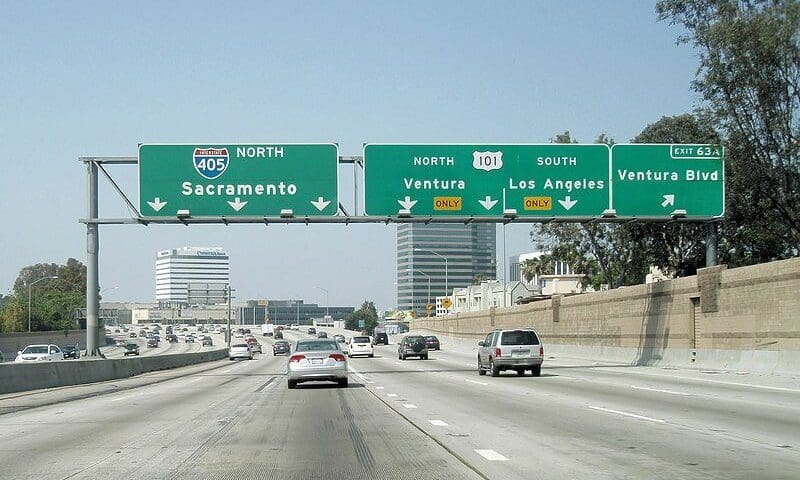
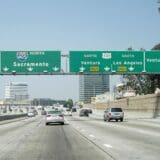
Los Angeles was granted its anticipated funding for America Fast Forward, a project aiming to expedite construction of more extensive and functional public transportation systems. The project’s approval is a victory for both the people of Los Angeles and Mayor Villaraigosa, who has been supporting it for years.
America Fast Forward is a provision of a larger transportation bill approved by Congress in late June and signed into law by President Obama last week. The $100 billion package, which received rare bipartisan support, will reduce harmful emissions, fund the construction of mass transit projects in multiple cities and create thousands of jobs throughout the country.
That’s the good news. On the downside, the law — which hardly resembles earlier versions of the legislation — cuts funding for a number of important programs and puts off critical decisions by only providing monies through 2014.
L.A.’s program would initially be funded by the Transportation Infrastructure Finance and Innovation Act (TIFIA),
» Read more about: A Good News-Bad News Transportation Law »
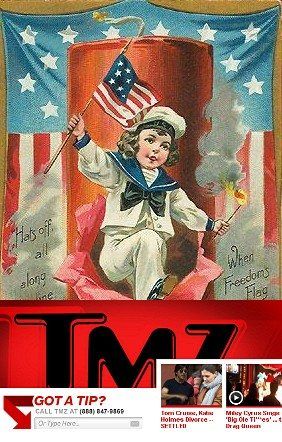

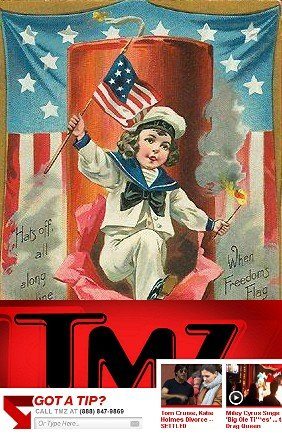 The Fourth of July parade rolled down Main Street in Santa Monica while I sat at the computer writing this. Only half a block away, I could hear the sirens and the bands and the sound trucks. What kept me here instead of there was a desire to reflect, not celebrate. Twice a year – on Martin Luther King’s birthday in January and now – I think about the state of American democracy.
The Fourth of July parade rolled down Main Street in Santa Monica while I sat at the computer writing this. Only half a block away, I could hear the sirens and the bands and the sound trucks. What kept me here instead of there was a desire to reflect, not celebrate. Twice a year – on Martin Luther King’s birthday in January and now – I think about the state of American democracy.
I believe in democracy. I believe that democracy is the best form of government human beings have devised to date because it allows people to actually make changes in the government when they feel it’s required. Monarchies, aristocracies, dictatorships and oligarchies preclude that option. In Western civilization, this country broke the tradition of absolute power to create a republic – although participation was narrow: Voting was limited to male property owners. Over the next 150 years those rights expanded.
» Read more about: A Parade Passed By: Rethinking Our Democracy »


After growing up in L.A., I got used to hearing my hometown disparaged as superficial, anti-intellectual, not a “real” city, celebrity obsessed, etc. etc. It was shocking to me that Los Angeles could be so easily dismissed by people who hadn’t even visited here and seen how great a place it really is. Even deep thinkers from Northern California looked (and still look) down on our town from the ivory towers of San Francisco and Berkeley, as if Southern California doesn’t represent the majority of the people in our state and most of its social and political energy.
And we Angelenos, rather than defend our town, have often accepted the judgment of others – that L.A. isn’t a serious place, doesn’t produce important scholarship, and is well behind the intelligence curve.
Well, if you need a boost to your hometown ego, spend some time at the Hammer Museum’s new show Made in L.A.,
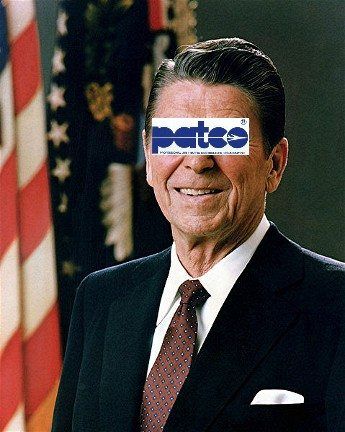
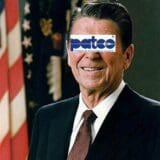
Much has been said in recent months about the labor movement’s “impending decline,” with the right wing’s unrelenting attacks against collective bargaining rights in states across the country, from Arizona to Wisconsin to New Jersey. California is facing its own version of this attack with the qualification of the Paycheck Deception initiative for the November 2012 ballot that would dramatically curtail working people’s ability to participate in politics in the state.
Many people in the modern progressive movement date the beginning of these assaults to Ronald Reagan’s 1981 decision to fire 12,000 air traffic controllers after their union, PATCO, went on strike and shut down the nation’s airports. President Reagan’s decision to permanently fire (and prohibit any rehire of) all the controllers destroyed PATCO and served as the starting-pistol shot for three decades of attacks on the right to collective bargaining, that continue today.
» Read more about: How PATCO Crashed – But Why Unions Don’t Have To »
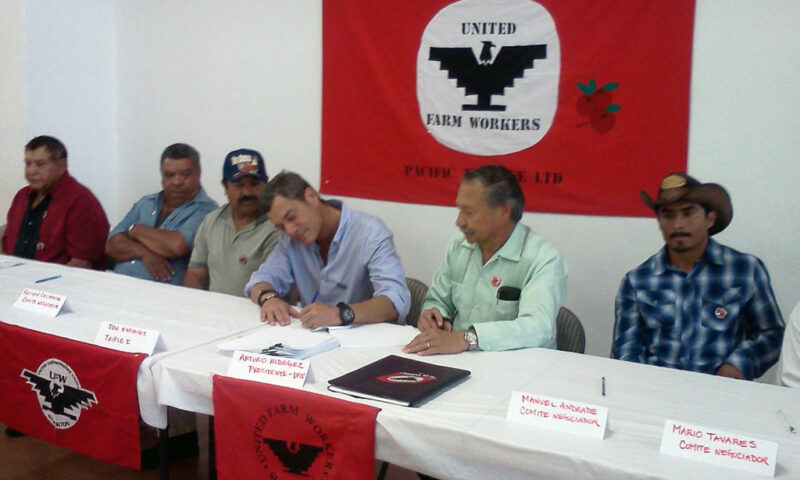

Last week in Stockton, the United Farm Workers signed a three-year contract with Pacific Triple E Ltd., a large tomato grower-shipper based in Tracy, California. According to The Record, the agreement represents the first time the UFW has enjoyed a membership presence in San Joaquin County in more than two decades.
The Packer, an industry newsletter, described Triple E as “a family owned company” operating in Fresno, Merced, Madera, San Joaquin and Sacramento counties. The union’s Web site announcing the pact included the following message from UFW president Arturo Rodriguez:
Thank you for being there for the United Farm Workers. Your support means so much to me and the workers we are here to serve. I want to share some wonderful breaking news with you.
Yesterday, we used a contract signing ceremony in Stockton to congratulate the 800 workers at Pacific Triple E Ltd.
» Read more about: UFW Wins New Tomato Contract in Central Valley »


(The following post appeared on the blog of the International Association of Machinists — IAM.)
If the Trans Pacific Partnership agreement (TPP) is signed into law at the end of this year, the rules for international trade and the global economy will change dramatically, and not for the better.
Despite the potential for the TPP to negatively impact hundreds of thousands of American jobs, the negotiations to create the massive trade pact are being conducted in unprecedented secrecy. Access to the pact’s draft language is limited almost exclusively to a handful of government negotiators and corporate advisers.
Among those denied access to the pending terms of the trade deal was Senator Ron Wyden (D-OR), chairman of the U.S. Senate Finance Subcommittee on International Trade, Customs and Global Competitiveness. Outraged, Wyden responded with a bill demanding greater transparency in the negotiations. Over 130 members of Congress also took action,
» Read more about: Trans Pacific Partnership: Exporting US Jobs »
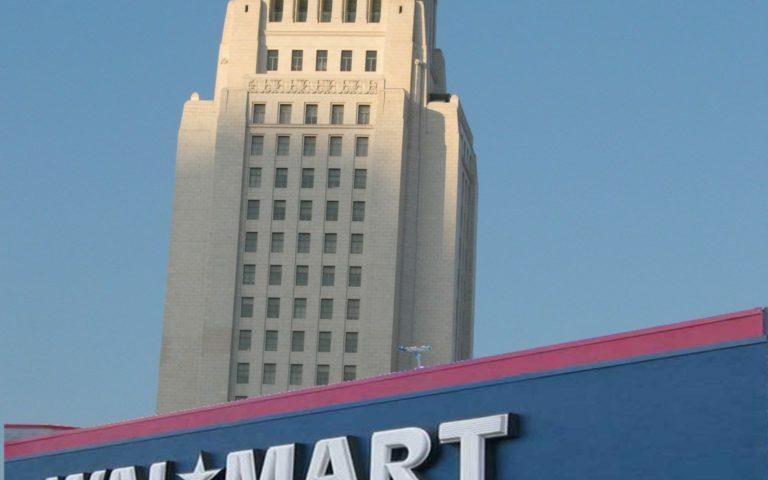

 On July 3 the Asian Pacific American Labor Alliance (APALA) and United Food and Commercial Workers Local 770 filed a lawsuit challenging the City of Los Angeles’ handling of Walmart’s controversial Chinatown store project.
On July 3 the Asian Pacific American Labor Alliance (APALA) and United Food and Commercial Workers Local 770 filed a lawsuit challenging the City of Los Angeles’ handling of Walmart’s controversial Chinatown store project.
The suit alleges that the L.A. City Department of Building and Safety failed to notify the public of its decision to issue a Notice of Exemption (NOE), which allows Walmart to move forward on its Chinatown project without environmental review. The lawsuit also asks a judge to stop construction at the store.
The plaintiffs in the lawsuit are asking a judge to find the exemption invalid and require that a new one be issued. Because the building permits are being appealed – an initial hearing is expected in August – the lawsuit argues that the exemption should not have been issued until the appeal process was exhausted.
The notice to the public of the exemption is intended to prevent the appearance of backroom deals.
» Read more about: Lawsuit Challenges City’s Actions on Walmart Chinatown Store »

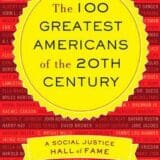

Writer/professor Peter Dreier’s new book is called The 100 Greatest Americans of the 20th Century, a nervy title that dares readers to take a poke at the author’s chin. A corrective to Greatest Generation blather, Dreier’s 100 profiles refract a century of progressive movements through the lives of leaders whose native radicalism helped push America toward a more humane vision of society.
Dreier’s inclusions and omissions will thrill some and bewilder others: Roger Baldwin’s here but not James Baldwin; there’s Mother Jones but no LeRoi Jones. Playwright Tony Kushner ends the list on an intellectual note, yet there’s no mention of a Philip Rahv or any Partisan Reviewers, Algonquin Tablemates, Beats or Bohemians.
Of course, provoking debate about who should be included in a “Social Justice Hall of Fame” (the book’s subtitle) is a clever way to stir discussion about history and activism.
» Read more about: Peter Dreier’s A-List of 20th Century Greats »
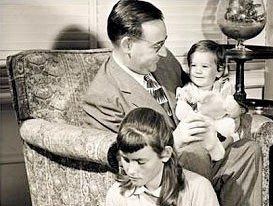

(This post first appeared on California Progress Report.)
The movie California State of Mind: The Legacy of Pat Brown, which has been making the rounds of public TV channels, is a tender blend between a family memoir and a nostalgic look at a more hopeful era in California history. At times it makes you want to weep for what we once had and will probably never have again.
The producers, Hilary Armstrong and Sascha Rice, granddaughters of the man who was governor from 1958 to 1966, weren’t troubled by the mix of the personal and the political, much of it in the form of old film clips. And in some ways the past forty years have been a sort of family history: two governors Brown, a treasurer Brown who also ran for governor, plus the half dozen lesser public offices those Browns held.
» Read more about: Pat Brown Documentary: Remembrance of California Past »


Even as more Los Angeles politicians are pledging to refuse contributions from Walmart, one candidate with Walton family support placed third in the closely-watched June 6th primary for Assembly District 46 in L.A.’s San Fernando Valley.
Charter school champion Brian Johnson lost the race despite massive independent expenditures on his behalf by political action committees, including two that are closely tied to Carrie Walton Penner and her husband Greg Penner. Ms. Penner is the daughter of Walmart Chairman Rob Walton and Mr. Penner is a member of the Walmart Board of Directors.
PAC spending was widely expected to carry Johnson into the general election. But in the end it may have hurt more than it helped.
Johnson was put on the defensive by winning candidate Adrin Nazarian’s charge that “right-wing anti-teacher organizations funded by the owners of the Walmart Corporation are spending hundreds of thousands of dollars to elect Brian Johnson to the Assembly.”
Johnson’s campaign issued a response which implied that Nazarian’s claim was unfounded,
» Read more about: Los Angeles Election: Walton Family Values? »
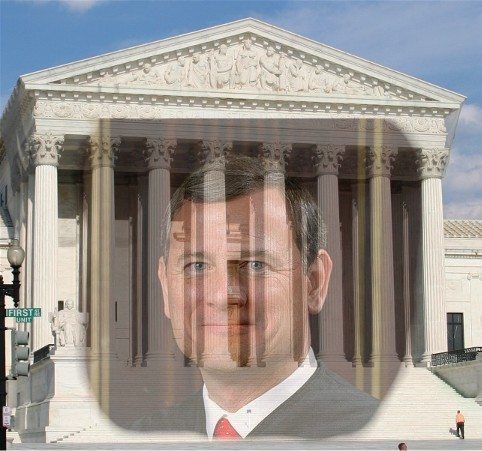

Right now former President George W. Bush, who appointed John Roberts as Chief Justice, must be having a Dwight Eisenhower moment.
When Eisenhower nominated California’s Republican governor Earl Warren to be the Chief Justice of the Supreme Court in 1953, he thought he was appointing a conservative jurist. Later, Eisenhower reportedly said that appointing Warren, who took the Court in an unprecedented liberal direction, was the “biggest damn fool mistake” he had ever made. (Warren is one of the people I profile in my new book, The 100 Greatest Americans of the 20th Century: A Social Justice Hall of Fame).
Chief Justice Roberts is a far cry from Earl Warren. Indeed, the Roberts court has been one of the most conservative in history.
But we can be grateful for Roberts’ decision to side with the 5-4 majority to uphold the Obama health care reform law.


Nearly all employers struggle to contain health care costs. Walmart, however, has long made it part of its business model to externalize those costs. The World’s Biggest Company has repeatedly come under fire from labor and community groups, as well as states, for promoting a health care structure that encouraged employee reliance on Medicaid. The Supreme Court’s June 28 decision upheld the heart of the Affordable Care Act, which was good for President Obama–and also good for Walmart.
“The ‘Obamacare’ plan is a huge subsidy to Walmart,” Nelson Lichtenstein, author of The Retail Revolution: How Walmart Created a Brave New World of Business said in a phone interview. The Affordable Care Act will also benefit the bottom rung of Walmart’s workforce who will be eligible for Medicare under the plan, he added.
Lichtenstein refers to Walmart’s army of part-timers. The retailer’s Web site features a state-by-state report of its average hourly rate for full-time regular employees and makes much of the figures—but the pay scale numbers don’t apply to large numbers of Walmart associates (and are disputed by advocates who use industry research to place the pay scales at a lower rate.)
USA Today reports that Walmart declined to say what the retailer’s national hourly wage is for part-time workers.
» Read more about: Wal-Fare Benefits: Facts About Walmart Employee Plans »
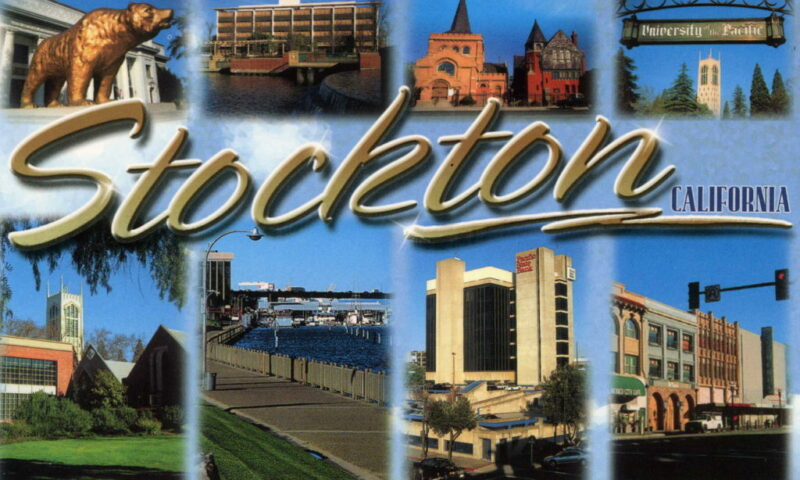
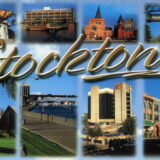
My hometown just declared bankruptcy. No, not the town I was born in, and not the place I have lived most of my adult life, but where I grew up. Stockton, with a population of about 300,000 is the largest city in America to file for Chapter 9 protection. Conventional wisdom says it was the unfunded pension liability or mismanagement or too much debt, and under state guidelines for bankrupt cities, somebody has to take the blame. But the choices that led to this debacle go back decades.
When I left Stockton in the mid-1960s for college, it was a divided city. The affluent and mostly white people lived on the north side. The “others” lived to the east and south. Others were people who worked with their hands, people who picked the fields, people who worked the seasonal canneries. These were mostly low-wage workers, sometimes no-wage workers who turned fresh produce into food for supermarket shelves across the country.
» Read more about: Stockton Bankruptcy: Fat City’s Missed Opportunities »

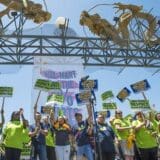
Last Saturday, thousands of people made history in Chinatown at the largest Walmart protest ever held. Spurred by Walmart’s attempt to build its first L.A. grocery store in Chinatown, the crowd, many wielding handmade protest signs, marched from Los Angeles State Historic Park (the Cornfield) through one of L.A.’s oldest neighborhoods.
They came to fight what Walmart’s presence in this community, and others across Los Angeles, would bring: low-wage jobs, the destruction of local businesses and the spirit-crushing replacement of local character with chain store sameness.
At the main rally, underneath the iconic dragon gates on Broadway and Cesar Chavez Avenue, participants listened to a lineup of speakers and entertainers, the latter including Grammy winners Tom Morello and Ben Harper. Among the most compelling were current Walmart workers scraping by on poverty wages and reliance on government assistance, and community leaders concerned about the destruction of their cultural heritage Walmart would cause.
» Read more about: Thousands March and Rally Against Walmart in LA »
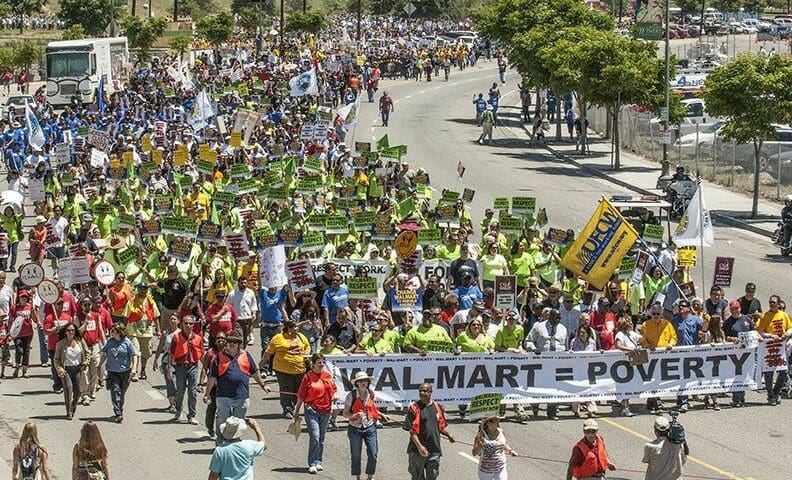
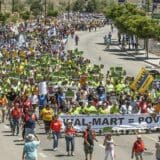
Under clear skies and searing heat, thousands turned out on June 30 to protest Walmart’s controversial plan to open its first L.A. grocery store in Chinatown. Among the featured speakers at the event was Grishriela Green — one of dozens of current Walmart employees who joined the march and rally, bringing with them a distinctly personal perspective on the retail giant.
Green, who was hired by Walmart’s store in the Crenshaw District three and a half years ago, was raised in a family that imbued her with an understanding of the importance of hard work, and of speaking one’s mind. When the Crenshaw Walmart first opened, Green was optimistic about the effect it would have on her life and community, but quickly became disillusioned with the corporation’s claims.
“One of the promises, which is a half-truth, is it’s a career opportunity for each and every associate,” said Green. “Even after 20 years,
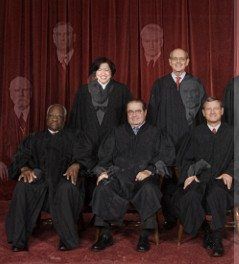
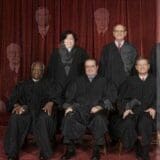
The 1936 Republican presidential candidate, Alf Landon, based his bid to defeat FDR on repealing Social Security. In a campaign speech Landon promised: “We must repeal. The Republican Party is pledged to do this.” That year’s election night tally revealed who was in touch with Americans and who wasn’t. FDR: 523 electoral votes; Landon: 8 electoral votes.
And another crazy coincidence. In 1937, U.S. Supreme Court Justice Owen ROBERTS switched his vote and found the Washington state minimum wage constitutional (from an earlier N.Y. case in which the high court had found the minimum wage unconstitutional).
Two weeks later, the Supreme Court found the National Labor Relations Act constitutional. Two days after that a U.S. Appeals Court ruled that Social Security was unconstitutional. Six weeks later, the Supreme Court found it constitutional.
» Read more about: Court Ghosts: And You Thought Obama Had It Tough »


This week the Natural Resources Defense Council (NRDC) released Testing the Waters: A Guide to Water Quality at Vacation Beaches. For some of us, reading the annual report card – or at least hearing its scarier parts summarized on the Six O’clock News – has become a summer ritual, the last piece of broccoli we must swallow before happily heading to our favorite polluted shoreline.
This year’s guide looks at the state of beaches in 2011 and rates them. Among its findings:
» Read more about: Beached: NRDC Rates Our Shorelines for Pollution »
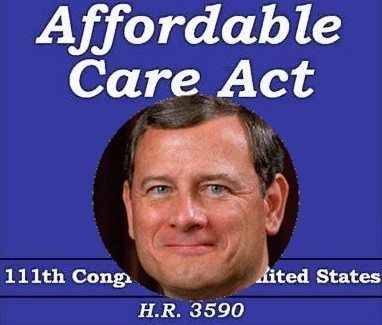

 As Duke Law School professor Jed Purdy explained yesterday in his sensible, humane and far-sighted take on the Court’s decision on the Affordable Care Act:
As Duke Law School professor Jed Purdy explained yesterday in his sensible, humane and far-sighted take on the Court’s decision on the Affordable Care Act:
“Justice Roberts’ opinion makes him a hero for a day to many liberals. It also moves the Court, at a stately pace, toward an aggressively right-wing view of the federal government’s power. Moreover, it keeps the Court at the very heart of issues where it does not belong. For all its obvious appeal, it is self-aggrandizing and far more radical in its reasoning than in its outcome. That reasoning may have serious consequences down the road.”
Purdy refers in part to Justice Roberts’ endorsement of a narrow view of the Commerce Clause shared by the dissenting justices (Kennedy, Alito, Scalia, and Thomas), who would have struck down the Act in its entirety. (Roberts allowed the individual mandate to stand on the strength of Congress’ constitutional power to tax.
» Read more about: Roberts Rules: Why the Obamacare Victory Is No Win »


Update: KPPC FM’s Hayley Fox reports that L.A. City Councilwoman and mayoral candidate Jan Perry is also declining Walmart campaign funds.
Los Angeles’ two top mayoral candidates announced Thursday they will not accept campaign contributions from Walmart, which is locked in a battle with community and labor groups over the retail giant’s plans to open a 3300-square-foot grocery store in Chinatown.
The pledges by L.A. City Councilman Eric Garcetti and his chief opponent, City Controller Wendy Greuel, bring new focus to Saturday’s protest march and rally against Walmart. Both candidates have endorsed the June 30 action.
“Los Angeles loses if we run a race to the bottom in terms of wages and working conditions,” Garcetti said. “Our economy needs good middle class jobs to get back on track, and that’s what we should be working toward.”
The two candidates urged other elected politicians to also refuse money from Walmart.
» Read more about: Garcetti and Greuel Take the Pledge: No Walmart Money »
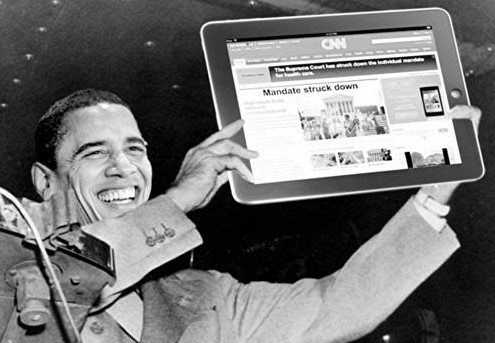
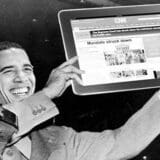
By a 5-4 vote, the U.S. Supreme Court has upheld most provisions of the Affordable Care Act. In the court’s most closely watched decision in decades, the majority ruled ACA’s provision mandating that individual citizens enroll in health-care programs was a constitutional imposition of a tax. On the other hand, the justices ruled against the expansion of Medicare.
A statement issued by California’s United Nurses Associations of California/Union of Health Care Professionals hailed the court’s decision. The statement quoted union Secretary-Treasurer Barbara Blake, RN:
“This is not just an abstract legal decision. Real lives and the heartbreak of real families will be saved because of it. We’ve got more people in California dying each year because they don’t have health insurance than any other state in the country. But thanks to the Affordable Care Act, the vast majority of us will be covered.”
See these stories:
New York Times (“HEALTH LAW STANDS”
Los Angeles Times (“Healthcare law upheld as a tax measure”)
Washington Post (“What the Supreme Court’s decision on the health-care law may mean for you”)
Talking Points Memo (“SUPREME COURT UPHOLDS ‘OBAMACARE’”
» Read more about: Split Court Vote Upholds Most of Affordable Care Act »